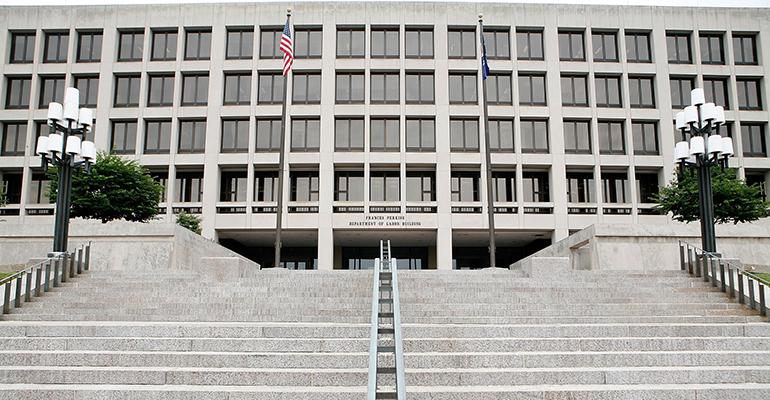The Department of Labor has sent a final rule to the Office of Management and Budget to delay the applicability date of the fiduciary rule. OMB will review the rule and, if approved, send it back to the DOL to publish it in the Federal Register. The original proposal called for a 60-day delay of the fiduciary rule to give the department time to collect and consider information related to issues raised in President Donald Trump’s memorandum on the rule, which currently has an applicability date of April 10. But earlier this month, the department issued a field assistance bulletin announcing a temporary enforcement policy. The department says that even if April 10 comes around and a delay hasn’t been finalized, they will not pursue enforcement actions against advisors or firms who fail to satisfy conditions of the rule or prohibited transaction exemptions.
Financial Advisor Dubbed Best Job for Veterans

Based on the responsibilities and skills gained while serving in the military, the financial advisor profession has been dubbed the best job for veterans, according to a new analysis by CareerCast.com, a job search portal. It is also the most in-demand field in CareerCast’s Veteran Network job database. “Veterans with a background in mathematics and finance can work directly with military families to help them protect their investments and savings,” the website says. According to the analysis, based on data from the Bureau of Labor Statistics, an advisor’s annual median salary is $89,000, with a 30 percent growth outlook through 2024. Other top professions for veterans include information security analyst, management consultant and nurse practitioner.
Don't Overlook the 'Forgotten' Generation

Financial advisors are justly focused on the millennial generation in anticipation of the enormous transfer of wealth coming their way. But they shouldn't overlook Generation X — those born roughly between the mid-1960s and late 1970s. The collective investable asset base of the "forgotten" generation ($5.8 trillion) is seven times larger than the millennials' $830 billion, according to a recent white paper by Cerulli Associates.





